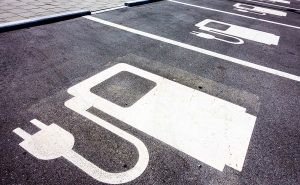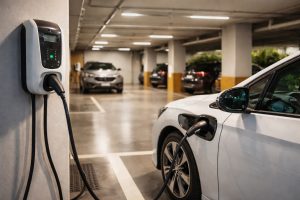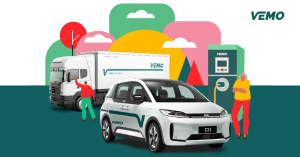
Keysight, Power2Go, and WeCharge Analyze the Challenges and Opportunities of Electromobility in Brazil
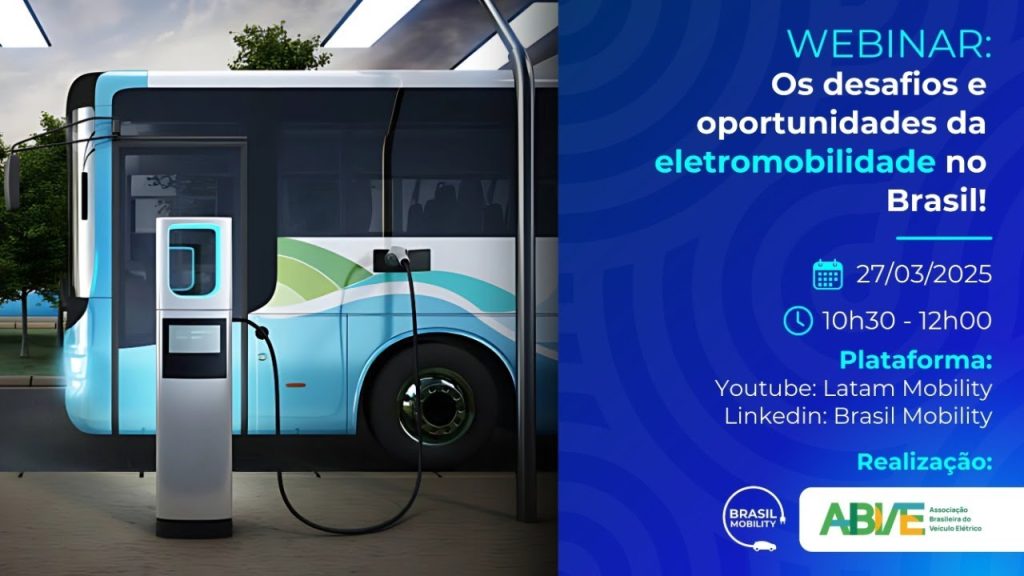
During the webinar “Challenges and Opportunities of Electromobility in Brazil,” leading industry experts took an in-depth look at the current and future landscape of electric mobility in the South American country.
The virtual event, organized by Latam Mobility and moderated by Daniela García, Country Manager for Brazil, brought together three key industry leaders: Rodrigo Vicentini, Test Engineering Manager at Keysight Technologies; Tadeu Azevedo, CEO of Power2Go, and Raúl Liston, Head of Operations at WeCharge.
The discussion focused on critical factors shaping the development of electromobility in Brazil, with a particular emphasis on regulatory frameworks and safety standards for charging infrastructure.
👉 You might also like | Brazil: World’s First Test of an Engine That Converts Sugarcane into Clean Energy
Necessary Regulations
Tadeu Azevedo, CEO of Power2Go, emphasized that Brazil has a robust set of technical standards, including NBR 5410 (electrical installations) and IEC 61851 (chargers). However, he pointed out that the real challenge lies in proper implementation.
“We’re seeing concerning practices, such as irregular charger connections to residential meters or the use of standard outlets for high-power charging, which pose a significant fire risk,” Azevedo warned.
He stressed the need to professionalize the sector, avoiding what he called “quick-fix solutions” that compromise user safety.
Rodrigo Vicentini of Keysight Technologies expanded on the technological aspects: “Beyond physical installations, we must focus on system interoperability and cybersecurity in charging infrastructure.”
Vicentini noted that the CCS2 standard has become the dominant choice in Brazil, ensuring compatibility between vehicles and chargers.
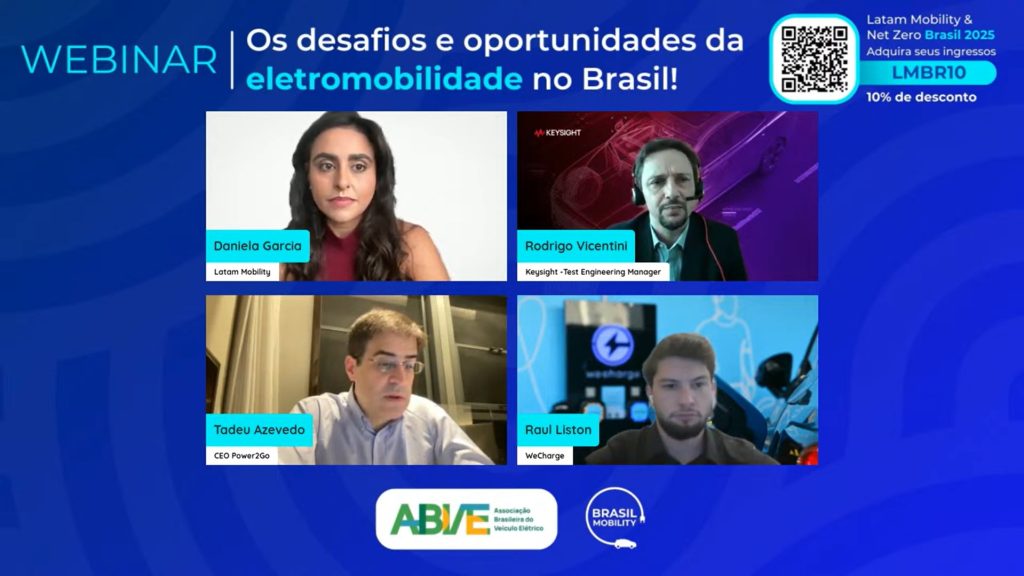
Ensuring Reliability
On the operational side, Raúl Liston of WeCharge shared key insights on managing charging infrastructure: “Equipment quality and the adoption of open protocols like OCPP are crucial for ensuring long-term charging point reliability.”
Liston cautioned against opting for low-cost, uncertified equipment—a practice that could lead to higher costs in the medium term.
An innovative model presented during the webinar was Power2Go’s charger leasing program, which includes maintenance. “This approach ensures users always have up-to-date, fully functional equipment, eliminating maintenance headaches,” Azevedo explained.
Regional Landscape and Next Steps
Panelists also examined the regional scenario, noting that Brazil—with over 14,000 registered public charging points—is making significant infrastructure progress.
However, major challenges remain, including implementing roaming systems between different charging networks and harmonizing standards across Latin America.
“Electromobility knows no borders. EVs travel between countries, and we need a regional vision to facilitate this flow,” said Vicentini, citing Keysight’s technical collaborations with governments in Chile and Mexico.
São Paulo: Next Stop on the 2025 Tour
The webinar made it clear that despite challenges, Brazil is advancing in its transition to electric mobility, offering major opportunities for companies providing:
✔ Cutting-edge technological solutions
✔ Specialized services
✔ Innovative business models tailored to the Brazilian and Latin American markets
Daniela García of Latam Mobility highlighted: “Brazil is writing a key chapter in Latin America’s electromobility story,” and invited attendees to continue the conversation at Latam Mobility Brazil 2024, the in-person event taking place on May 7-8 in São Paulo.
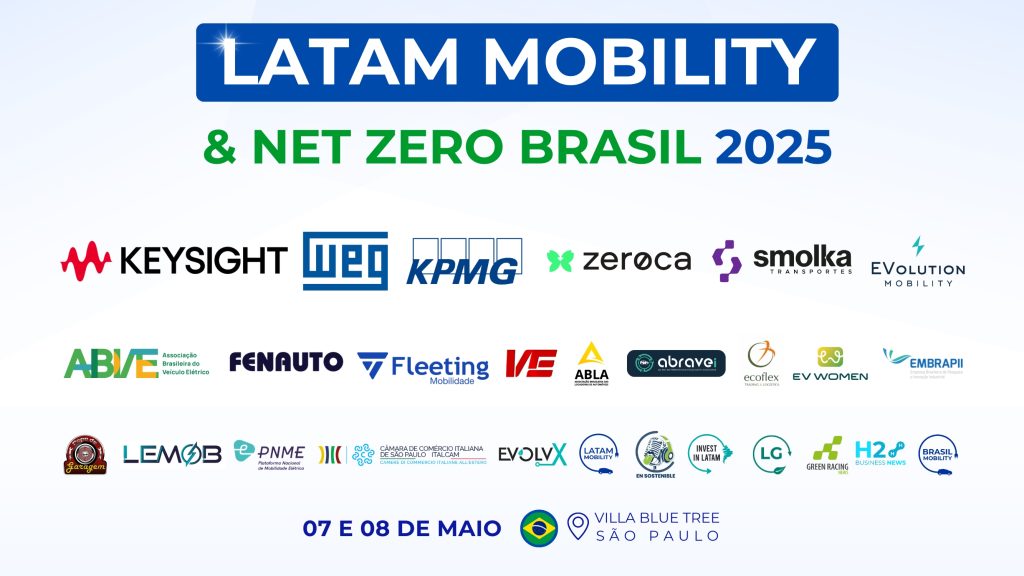
For participation and sponsorship opportunities, email: info@investinlatam.org
Contact us via WhatsApp or get your tickets here
Watch the full webinar “Challenges and Opportunities of Electromobility in Brazil” below:




